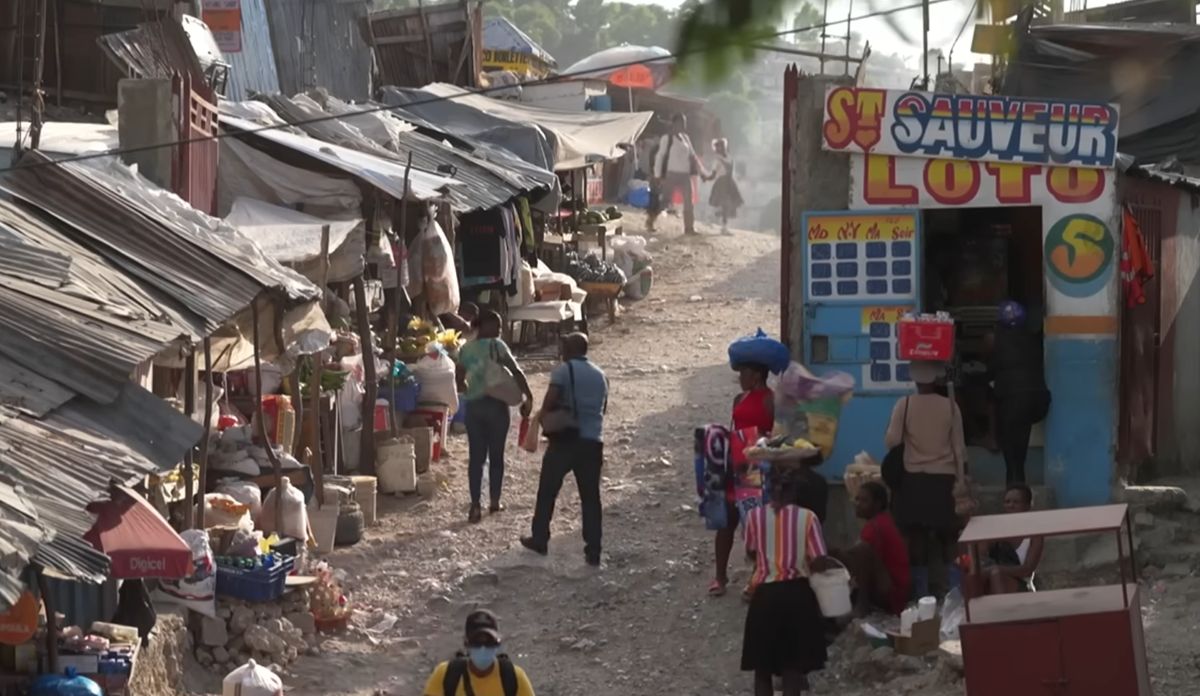The Trump Administration is reportedly set to accelerate a plan initiated during the Biden era aimed at addressing the escalating violence in Haiti. This plan, authorized by the United Nations Security Council, involves deploying Kenyan mercenaries to combat gang violence that has plagued the nation.
Explainer Trump Administration Reassesses Approach to Sanctuary Officials
The U.N. Security Council has approved a new multinational Gang Suppression Force (GSF) to replace the existing security mission led by Kenyan police. The United States, in collaboration with Panama, drafted the resolution for this initiative. However, specifics regarding funding and staffing remain unclear.
Haiti is currently under the control of violent gangs, particularly in its capital, Port-au-Prince. Laurent Saint-Cyr, a transitional leader in Haiti, highlighted the dire situation at the U.N. General Assembly, stating, "It is a war between criminals who want to impose violence as the social order and an unarmed population struggling to preserve human dignity."
The U.N. had previously committed to sending 2,500 Kenyan police officers to lead a Multinational Security Support mission (MSS) against gangs. However, implementation delays resulted in fewer than 1,000 officers arriving in Haiti, with only 744 reported by February, according to the Haitian Times.
Funding for the MSS has been a significant issue, with the U.S. being the primary financial supporter. A September report from the Security Council indicated that the U.S. provided substantial financial backing, contributing $300 million under the Biden administration and $40 million under the Trump administration, while the U.N.-managed trust fund raised only $112.5 million, primarily from Canada.
New Plan Details
The U.N. Security Council approved the new GSF plan with 12 votes in favor, while China, Pakistan, and Russia abstained. The GSF will consist of 5,550 military and police personnel working under an initial 12-month mandate, coordinating with the Haitian National Police and armed forces to conduct operations against gangs and ensure humanitarian access.
The State Department has not disclosed how much of the funding will come from U.S. taxpayers, instead referring to a burden-sharing model. Secretary of State Marco Rubio stated, "The message from the Security Council is clear: the era of impunity for those who seek to destabilize Haiti is over."
Despite the optimistic rhetoric, the previous plan faced significant challenges, including underfunding and lack of international support. Critics argue that the U.S. should reconsider its involvement in another potentially ineffective initiative in Haiti.
As of now, the resolution for the new plan has not been published in the U.N. Document system, but it is expected to outline the GSF's authority to conduct operations to neutralize gangs and support Haitian institutions.
Beth Brelje is an elections correspondent for The Federalist, bringing decades of investigative journalism experience to her reporting.
Why it matters
- The Trump Administration is accelerating a plan to combat gang violence in Haiti, highlighting ongoing U.S. involvement in international security issues.
- The U.N. Security Council's approval of the Gang Suppression Force marks a significant shift in Haiti's security strategy amid escalating violence.
- The plan aims to deploy 5,550 personnel to support Haitian forces, addressing a critical humanitarian crisis in Port-au-Prince.
What’s next
- Details on funding and staffing for the new GSF plan are expected to be clarified in upcoming U.N. documents.
- The U.S. will need to finalize its financial contributions to the GSF, with discussions on burden-sharing ongoing.
